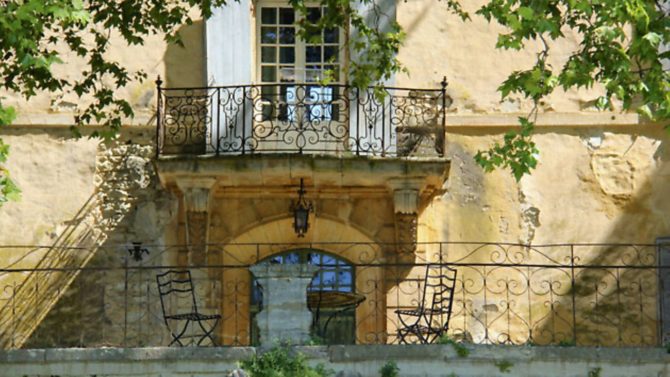What are the differences between French and UK mortgages?

If you’re planning to buy a property in France, make sure you understand how French and UK mortgages differ
1. Buy-to-let mortgages
In the UK: Investors buying property in order to rent it out take out a required buy-to-let mortgage to finance rental investments.
In France: The concept of a buy-to-let mortgage does not exist and the mortgages available for buy-to-let properties are exactly the same as a normal residential mortgage. Whether the property is let out or used as a second home is generally of no importance to the lender. This means that when calculating eligibility for a mortgage for a buy-to-let property,, few banks will take into consideration the future rental income to be earned from the property for a non-resident buyer. The only occasional exceptions to this are from long-term lets or properties in popular tourist destinations like the Alps.
_________________________________________________
Don’t miss
How to prepare for your French mortgage application
_________________________________________________
2. Interest-only mortgages
In the UK: A frequent and popular mortgage product for buy-to-let investors where you only pay off the interest on the amount you borrow and at the end of your mortgage term you have to pay off the total amount borrowed.
In France: Rarely chosen, except by affluent property owners as part of their wealth management strategy to reduce their tax bills by arranging a mortgage debt to reduce their net assets. Banks are reluctant to offer interest-only mortgages and when they do they have stringent eligibility criteria, higher interest rates and shorter durations. Borrowers will also have to demonstrate significant assets in order to reassure the lender who will want to see that the borrower will be able to pay off the mortgage without having to sell the property.
3. Eligibility criteria
In the UK: The general rule is that your mortgage should not be more than three times your income.
In France: French mortgage lenders calculate how much overall debt you have (including insurance payments, credit card repayments, child maintenance etc) and if your debt is more than a third of your income you might not be able to obtain a mortgage. Banks will need to see proof of a continuous stream of income (e.g. wages or a pension) and a mortgage cannot be granted on the basis of future income yet to commence. If you are self-employed you will need to be able to prove a consistent level of income over a period of 3 years. If you are employed on a permanent contract and have passed any probationary period you just need to provide your last 3 payslips to prove your salary. Lenders will ask to see your bank statements from the last 3 months to make sure you are in control of your finances. Most mortgages require you to be able to pay a 15-20% deposit.
_________________________________________________
Don’t miss
Is a mortgage a good option for British buyers in France?
The legal process of buying a French property
_________________________________________________
4. Mortgage rates
In the UK: Variable and tracker rates are most frequently offered. Fixed rate mortgages tend to only offer the fixed rate for a short period, typically 2-5 years, while in France it is common for the rate to be fixed for the duration of the mortgage.
In France: Long-term fixed rates are most frequently offered in France and have recently reached historically low rates. Loans are generally for a 25-year term and if they do increase as interest rates increase they will only do so by a maximum of five years. Interest rates are usually linked to the Euribor rate and when the interest rate changes it doesn’t affect the amount you pay each month. Instead the length of your mortgage term changes to reflect the increase or decrease in interest rate.
5. Remortgaging and releasing equity from your property
In the UK: Remortgaging your property is quite common in the UK, either to release some equity in order to finance another property purchase or expense or, if the value of your property has increased or interest rates have dropped, to get a better rate on your mortgage.
In France: Releasing equity from a French property is more difficult and more expensive than it is in the UK. French banks are immediately suspicious as to why people wish to release equity from their property. You will need to demonstrate what the money is being used for and the bank will only release the equity to fund this project. There are also sizable fees to pay to remortgage your property in France.
6. Consumer protection
In the UK: There is less emphasis on consumer protection and although life insurance or payment protection insurance is often recommended by mortgage lenders it is not compulsory.
In France: A much greater emphasis is placed on consumer protection than in the UK, and banks must prove they are lending responsibly or they risk being held responsible if a customer has difficulties in paying. In France it is also mandatory to have a life assurance policy to cover the risk of you dying before the mortgage is paid off.
Like this? You might enjoy:
Opening a French bank account Transferring money abroad Financing a renovation project with a mortgage Tax to pay when renting out property in France
Share to: Facebook Twitter LinkedIn Email


